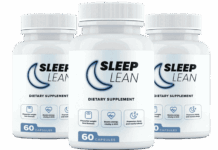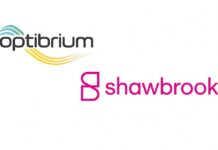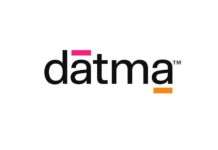Small proteins called peptides that consist of 10 to 50 amino acids are being studied as cancer vaccines and as possibly safer, more effective and less costly alternatives to the monoclonal-antibody-based drugs and small-molecule inhibitors now used to treat many malignancies.
Researchers at The Ohio State University Comprehensive Cancer Center – Arthur G. James Cancer Hospital and Richard J. Solove Research Institute (OSUCCC – James) have identified two regions on the HER1/EGFR receptor, a protein important for cancer-cell growth and metastasis, and for poor patient survival, as targets for peptide agents.
The receptor molecules extend bristle-like from the surface of cancer cells in abnormally high numbers. It is activated by growth factors in the blood and released by other cells in the tumor, stimulating tumor growth.
“Our findings could lead to novel peptide vaccines and mimetic inhibitors that target HER1 in tumors of the breast, lung, colon and head and neck, and that overcome many of the significant shortcomings of antibody-based drugs such as cetuximab,” says principal investigator Pravin Kaumaya, PhD, director of the division of vaccine development at the OSUCCC – James.
“Such peptide agents might enable the development of combination immunotherapies using either HER2 vaccines or VEGF therapy that avoid the mechanisms of resistance or secondary treatment failures sometimes experienced with antibody treatment,” says Kaumaya, who is also professor of obstetrics and gynecology, of molecular and cellular biochemistry, and of microbiology at Ohio State.
The study is published in the Journal of Immunology.
HER1 is a member of the epithelial growth factor (EGF) family of cell-surface receptors, which includes the HER2 receptor. These receptors play a central role in the development of a variety of human cancers, including certain breast cancers, lung cancer, colorectal and head and neck cancers.
Kaumaya and his colleagues evaluated three sequences of peptides to determine which were the most specific and immunogenic (i.e., raised the strongest immune response in test animals), and therefore were best suited for use as vaccines or therapeutics. The three sequences, or epitopes, were based on the site of contact between HER1 and the growth factor that normally binds with it, epithelial growth factor (EGF).
Key technical findings included:
Two of the sequences (382–410 and 418–435) were identified as best for use as cancer therapy or a cancer vaccine;
The 382–410 epitope overlaps the binding site of cetuximab, an antibody agent that inhibits HER1 binding; however, the 418–435 epitope significantly inhibited tumor growth in transplantable breast and lung cancer models;
The vaccine constructs were highly immunogenic and established immunological memory in a rabbit model.
“Overall,” Kaumaya says, “our results show that the 418–435 epitope has great potential for use as a vaccine or treatment option for HER1-expressing cancers.”


















